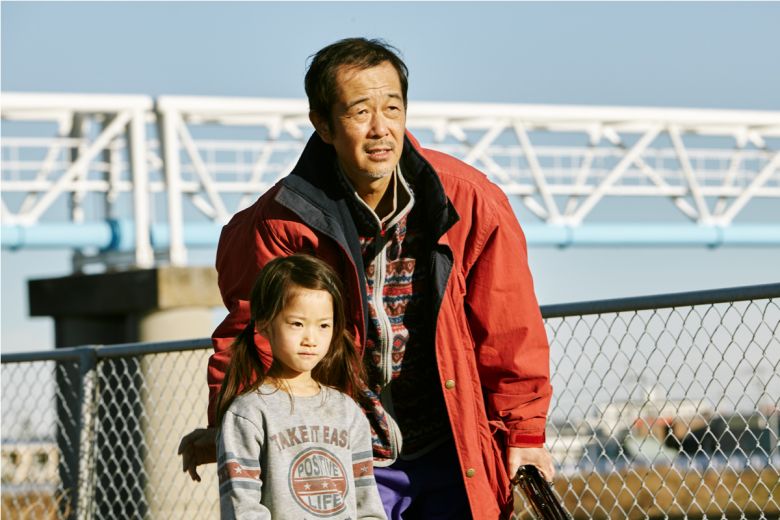Review – Shoplifters

Review: Shoplifters
Shoplifters is a story that is based on real-life incidents and inspired by reports on poverty and shoplifting in Japan. Hirokazu Kore-eda’s screenplay tells a powerful story that invariably is the same across the world. It speaks of the difficult lives that the poor have to lead, irrespective of their gender and how the system is critical of every move of theirs while being generous and compassionate to the wealthy.
The story is set in Tokyo and revolves around a group of people living in poverty. Osamu, a construction worker by profession, regularly indulges in shoplifting to make ends meet. His girlfriend Nobuyo works for an industrial laundry service while another girl who lives with them called Aki works as a hostess in a club.
The group also includes a young boy called Shota and Hatsue, an elderly woman who owns the house and who supports the group with her deceased husband’s pension.
Although they aren’t related to one another, every member of the group considers it his or her family.
Osamu, who is the only man in the house, trains Shotu in shoplifting and eventually, the youngster gains the hang of it. He masters the process and begins to assist Osamu. Soon, the two begin to shoplift as a team.
Osamu tells Shota it is fine to steal things that have not been sold, as they do not belong to anyone and as long as they do not make the shop keeper go bankrupt.
Life is peaceful for a while until one day, Osamu and Shota find Yuri, a five-year old child, locked out on an apartment balcony. She looks hungry and helpless and Osamu’s heart melts. Despite his trying conditions, he decides to take the child in, provide her some food and then take her back to her apartment. However, once home, he realizes that the child has been abused and decides against taking back the child to her home.
All goes well as Yuri’s family, which had been ill-treating and abusing her, does not file a missing complaint with the police much to the relief of the group.
It is at this time that misfortune befalls the group. Osamu sustains a serious injury to his foot at work and has to stay at home for a month. A bad economy forces Nobuyo’s boss to cut down on the workforce and she too is fired. The group’s income takes a big beating. To make matters worse, the old lady, Hatsue, passes away.
Yuri bonds with her new family and is taught to shoplift by Osamu and Shota. Osamu urges Shota to see him as his father and Yuri as his sister, but Shota is reluctant to do so.
One day, the family learns through television that the police are investigating Yuri’s disappearance. They decide to give the child a new makeover and a new name- Lin.
But then, in this world, there is no place for kindness and compassion and the motives of the poor are always looked at with suspicion while the rich and the powerful get away with crime. Yuri is returned to her birth parents who continue to neglect her and the long arm of the law catches up with the poor and helpless lawbreakers.
Hirokazu Kore-eda beautifully puts across the point that even the poor and the dishonest can be compassionate. More importantly, he brings out the bias the system has against the poor and showcases the system’s eagerness to find as many faults as it possibly can in their defence. At the same time, the film also effortlessly shatters the perception that most societies across the world have – that a mother will not harm her own child. It nonchalantly shows that a stealing, ‘immoral’ woman has more compassion and love for a child than her own mother.
The film premiered at the Cannes Film Festival where it went on to win the Palme d’ Or. A critically and commercially acclaimed film at Japan, the film won three Mainichi Film Awards, including Best Film and the Asia Pacific Screen Award for Best Feature Film. It was nominated for the Academy Award for Best Foreign Language Film as well as the Golden Globe Award for Best Foreign Language Film. Haruomi Hosono’s music is haunting and measured while Kondo’s visuals are vivid and realistic.
Shoplifters is deep and meaningful. Long after it ends, it leaves you wondering about how eager the world is to stereotype and how it loves to jump to conclusions.






